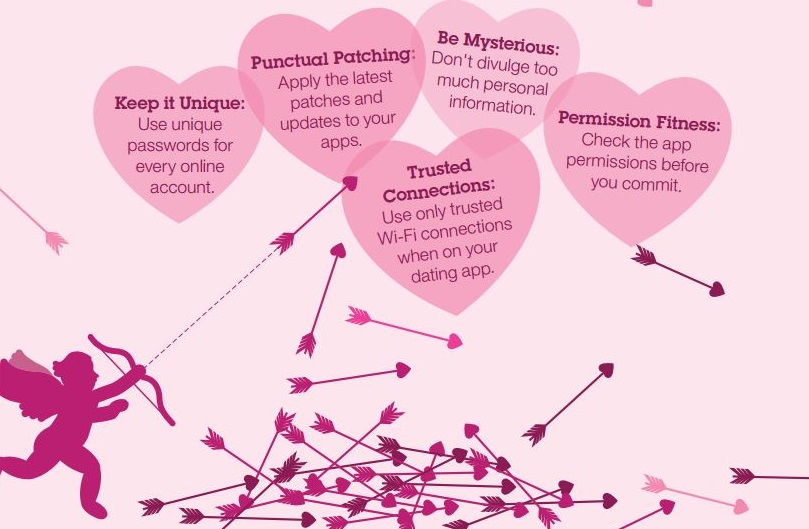No dear readers, it’s not just #SONA15 that has us sighing and shaking our heads this morning – it’s the news out of IBM that criminal types want to exploit your very human need for companionship in order to steal information, and ultimately make money with it.
It’s down to weaknesses in the security of popular mobile dating apps, which IBM says are vulnerable to being hacked. Not all of them, mind, only “60% of the leading mobile dating applications they studied, on the Android platform”.
Mobile penetration is on the rise absolutely everywhere, bringing with it an increased usage of, and reliance on, apps. Dating apps are particularly popular as people use the tech at their disposal to meet their other human needs, leading to a rise in the numbers of people flocking to apps like Tinder.
IBM says Tinder has over 450 million profiles registered across the world, including South Africans, and that membership rises by 15% every week. That’s a lot of people using the app to find a mate, which unfortunately has the side-effect of making dating apps more attractive to hackers.
And with over half of South Africa’s urban population making use of apps, IBM says that it’s only a matter of time before the information parsed through them lands up in the wrong hands.
IBM isn’t talking out of its hat, either. The company actually analysed Android dating applications with its AppScan Mobile Analyser technology to dig for vulnerabilities, which is how they reached the figure of 60%.
Businesses are also affected; a lot of people who use those apps work in big enterprises, and vulnerabilities mean those apps also potentially have access to sensitive business information.
So if you’re not careful, being rejected by a potential suitor online isn’t the worst thing that could happen to you this Valentine’s Day. The last thing anyone wants is to have their personal and professional reputations compromised by some stranger with questionable intentions impersonating them online.
Of course, there are ways to protect yourself and your business, but it requires some proactive use of common sense on your part. Here are a few tips:
- If someone you engage with on a dating app seems even just a tiny bit dodgy, move on.
- Don’t include too much detail on yourself in your profile, like your birthday and place of work.
- Regularly check that the app hasn’t automatically activated privacy-voiding features like GPS location after an update.
- Ensure all of your dating site profile passwords are different.
Follow these suggestions and trust your gut, and your quest for love should end happily ever after.

